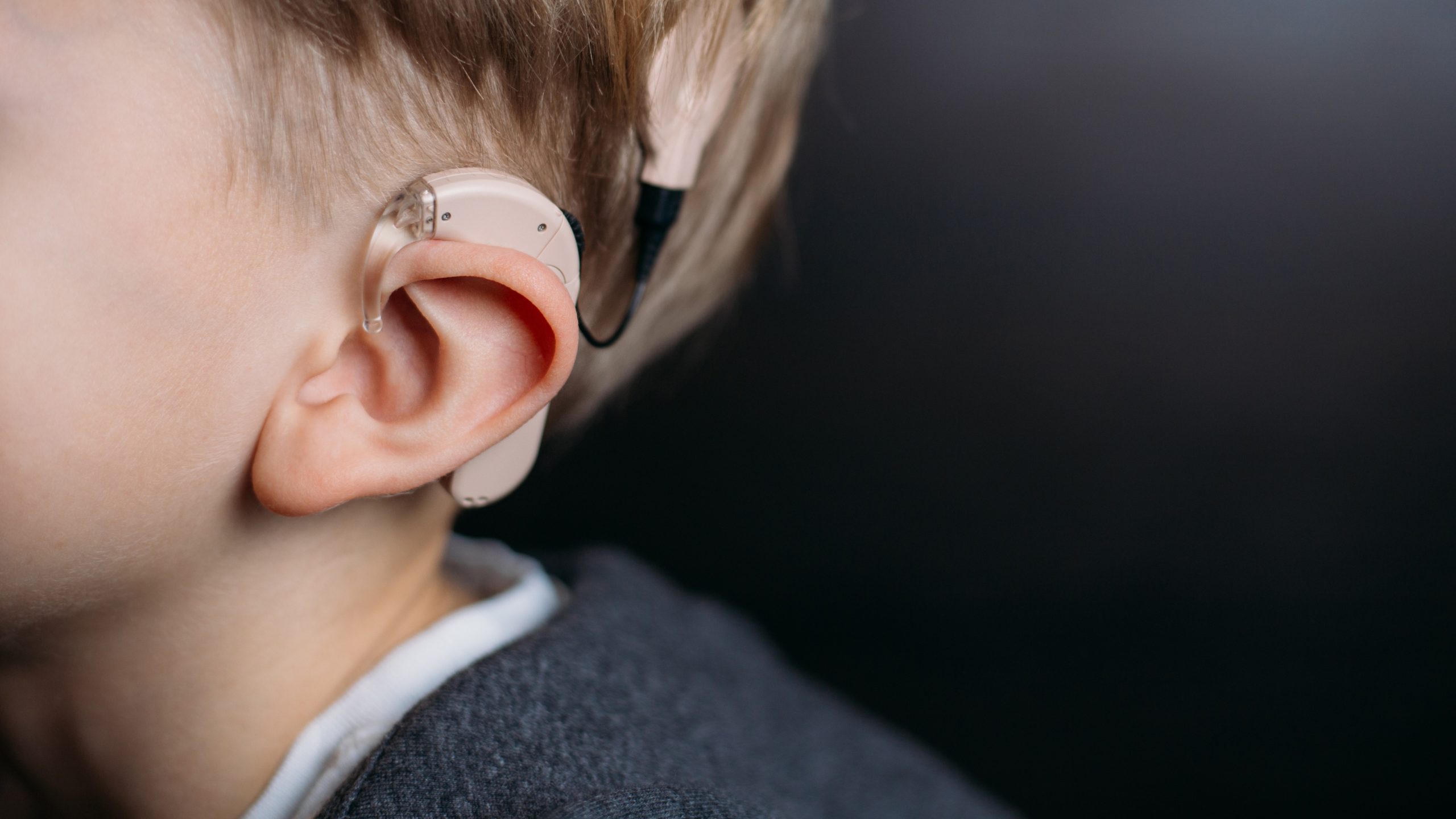Cochlear Implant Indore
Services
Quick Enquiry

Hearing Loss Doesn’t Have to Be the End of Sound
If you or your loved one struggles with severe hearing loss and traditional hearing aids no longer help, a cochlear implant may be the solution you’ve been searching for. These small electronic devices can make a big difference — offering a new way to perceive sound when natural hearing fades.
Dr. Anil Gwaliorkar, a trusted ENT specialist in Indore, has helped hundreds of patients in Indore rediscover sound through cochlear implant treatment, especially when speech clarity and sound understanding were deeply impacted.
What Is a Cochlear Implant?
A cochlear implant is a small electronic device that helps provide a sense of sound to people who are deaf or severely hard of hearing. Unlike hearing aids, which amplify sound, cochlear implants bypass damaged parts of the inner ear and directly stimulate the auditory nerve.

Children and adults with a severe to profound hearing loss who cannot be helped with hearing aids may be helped with cochlear implants. This type of hearing loss is sensorineural, which means there is damage to the tiny hair cells in the part of the inner ear called the cochlea. Because of this damage, sound cannot reach the auditory nerve. With a cochlear implant, the damaged hair cells are bypassed, and the auditory nerve is stimulated directly. The cochlear implant does not result in “restored” or “cured” hearing. It does, however, allow for the perception of the sensation of sound.
When Is a Cochlear Implant Surgery Recommended?
Usually, Dr. Anil advises cochlear implant surgery for:
Adults or children with both ears suffering from severe to profound sensorineural hearing loss
Those who gain insufficiently from hearing aids
Children as young as twelve months who qualify
Individuals with hearing loss due to inner ear damage or degeneration
If you’re unsure whether a cochlear implant is right for you or your child, a thorough hearing evaluation and imaging tests will help guide the decision.
Components of a Cochlear Implant
There are two main parts to a cochlear implant system:
1. External Component (Worn Outside)
- Microphone: Picks up sound from the environment
- Speech Processor: Selects and arranges sounds
- Transmitter: Sends signals to the internal receiver
2. Internal Component (Surgically Implanted)
- Receiver/Stimulator: Receives signals and converts them into electric impulses
Electrode Array: Sends impulses directly to the hearing nerve in the cochlea
What Happens During Cochlear Implant Surgery?
Cochlear implant surgery is done under general anesthesia. It usually takes 1.5 to 3 hours. Here’s what to expect:
A small incision is made behind the ear
The internal device is placed inside the cochlea
You’ll go home the same or next day
Activation happens after 2–4 weeks (to allow healing)
Post-Surgery: What Recovery Looks Like
You may experience mild soreness or dizziness for a few days
The implant is activated a few weeks later
Speech and auditory therapy follow to train your brain to process new sound signals
Progress varies, but many patients show improvement within weeks
The benefits from a cochlear implant depend on many factors, such as:
- The age of the patient when he or she receives the implant.
- Whether the hearing loss was present before or after the patient developed language skills.
- The motivation of the patient and his or her family.
Why Choose Dr. Anil Gwaliorkar for Cochlear Implants in Indore?
20+ years of experience as a leading ENT specialist in Indore
Patient-first approach with detailed pre-surgery counseling
Skilled in both pediatric and adult cochlear implant surgeries
Post-surgery rehabilitation guidance to ensure the best hearing outcomes
FAQ: Cochlear Implant Queries Answered
1. Is cochlear implant surgery painful?
2. Can both ears receive implants?
3. Will I hear like a normal person?
Quick Enquiry
